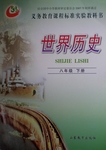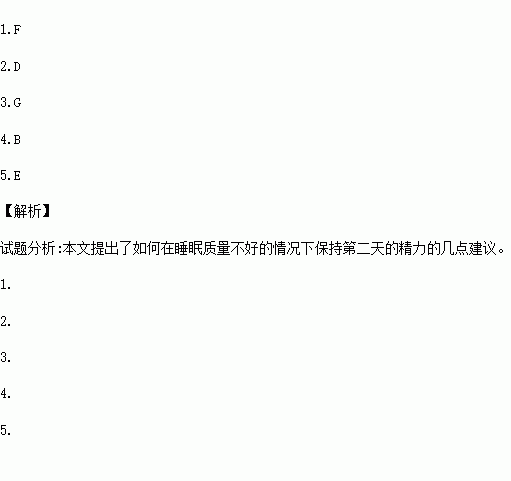题目内容
we may spend an all night studying before an important exam.We'll most probably rush to rescue a broken down friend in the middle of the nigh, 1. All that can leave you feeling unsure of how you're going to survive the day ahead.If you would like some helpful tips on how to stay alert,read on to find out more:
.Nap
This may seem obvious but it goes without saying that the antidote(解药)to tiredness is sleep. 2.
According to Dr David Dinges,editor of the journal SLEEP,a nap as short as 10minutes can be of benefit to you by moving the brain into slow-wave‘sleep.According to ranges,sleeping for longer than 40 minutes could leave you feeling slightly groggy(昏沉) upon waking,but this will soon wear off. 3.
. 4.
Though this is not a long term solution it does do the trick temporarily.The average person needs around 100-200 milligrams of caffeine.5. The benefits will last for around three to four hours.
A.Caffeine doesn't work.
B.Drink caffeinated drinks.
C.Lack of sleep is becoming more and more common in our society.
D.If you haven't got time for 8 hours then try taking a short nap instead.
E.It will take around 15 to 30 minutes for it to come into effect.
F.Occasionally we are just unable to sleep because of anxiety.
G.You will feel sharper after that.
 探究与巩固河南科学技术出版社系列答案
探究与巩固河南科学技术出版社系列答案
